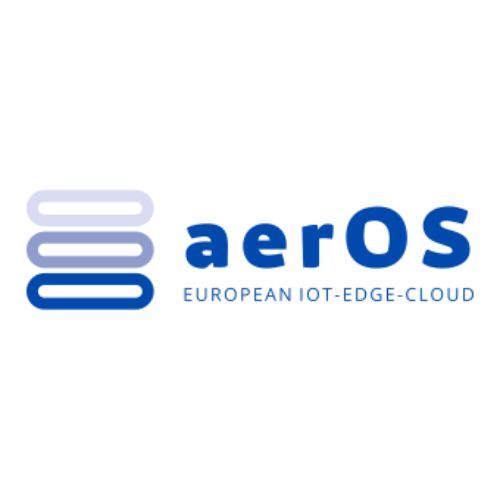The project aerOS aims at transparently utilising the resources on the edge-to-cloud computing continuum for enabling applications in an effective manner, incorporating multiple services deployed on such a path. Therefore, aerOS will establish the missing piece: a common meta operating system that follows a collaborative IoT-edge–cloud architecture supporting flexible deployments (e.g. federated or hierarchical), bringing tremendous benefits as it enables the distribution of intelligence and computation – including Artificial Intelligence (AI), Machine Learning (ML), and big data analytics – to achieve an optimal solution while satisfying the given constraints.
The overarching goal of aerOS is to design and build a virtualized, platform-agnostic meta-operating system for the IoT edge-cloud continuum. As a solution, to be executed on any Infrastructure Element within the IoT edge-cloud continuum – hence, independent from underlying hardware and operating system(s) – aerOS will: (i) deliver common virtualized services to enable orchestration, virtual communication (network-related programmable functions), and efficient support for frugal, explainable AI and creation of distributed data-driven applications; (ii) expose an API to be available anywhere and anytime (location-time independent), flexible, resilient and platform-agnostic; and (iii) include a set of infrastructural services and features addressing cybersecurity, trustworthiness and manageability. aerOS will: (a) use context-awareness to distribute software task (application) execution requests; (b) support intelligence as close to the events as possible; (c) support execution of services using “abstract resources” (e.g. virtual machines, containers) connected through a smart network infrastructure; (d) allocate and orchestrate abstract resources, responsible for executing service chain(s) and (e) support for scalable data autonomy.
